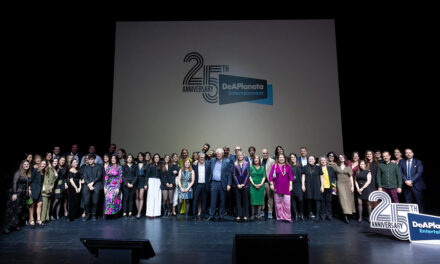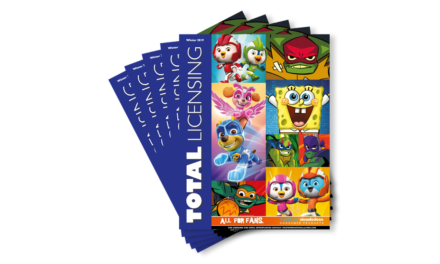
Exclusive Interview: Claire McClelland, Kantar, ahead of the B&LIS

Claire McClelland is Kantar’s client executive – entertainment, is participating in a panel at next week’s Brand & Licensing Innovation Summit (9-11 June, online) ‘How Priorities are Changing Across Generations of Consumer’.
In this exclusive interview, she talks about how younger generations are increasing their online entertainment spend, are the biggest spenders in the video games market and value experiences over ownership.
How are priorities changing among younger consumers when it comes to entertainment purchasing?
Each generation is increasing their entertainment spend shares online, but particularly the younger generations. Pre pandemic, 70% of all Gen Z’s entertainment spend was made online vs 56% five years ago.
Though they have grown their share in overall entertainment, it is the digital entertainment markets that the younger generations value most – in particular, gaming, transactional digital video, and video streaming – and their focus is on the overall experiential value that entertainment provides.
For example, Gen Z and Millennials are more gamers than gifters; video games offer a different experience than traditional entertainment, as they are more interactive, and are increasingly social. They are also digital content lovers. Millennials account for 40% of the total transactional digital video spending and have access to more video streaming services than average (2.5 services vs 2.3 avg). The experience is more important than the physical product.
Does this differ per generation – ie Gen z, millennials?
Quantity of content is key for millennials – they account for the majority of transactional digital video spend and were the key generation that interacted with PVOD. Nearly half of all PVOD buyers were Millennials (48%). They also have the highest number of video streaming subscriptions – and are most likely to have access to the more niche streaming services.
When it comes to video entertainment, millennials are happy to buy it all, have access to it all, whereas Gen Z go to where the y know they’ll find the specific content they want. They need a bit more persuasion. Franchises such as WandaVision and the Mandalorian were key to encouraging Gen Z consumers to join Disney+ for instance.
And when it comes to gaming, millennials are the biggest source of spend in the total video games market (accounting for 47% of spend), however Gen Z are growing their presence recognisably (24% 2021 vs 13% 2017). When focusing on Digital gaming only, Gen Z account for nearly a third (29%) of all spend. They are also the most engaged with gaming events – nearly a fifth of them (18% Gen Z vs. 7% average consumer) stated that they enjoy watching eSports– reiterating their love for experiences.
Why are priorities changing?
The younger generations are revaluating what is important. Access over ownership and experiences over material possessions are deemed more valuable.
What do brands need to bear in mind when creating content and product?
Both Millennials and Gen Z value experiences over ownership more so than the average consumer. With this in mind, as well as how their spending is shifting increasingly more online each year, this could represent a potential threat to retailers and brands who are predominately based on the offline channel.
Thinking about the experiential value will help entice younger generations to spend. For example, cinema trips can be more expensive than purchasing a film at home, but the experience is what gets them to spend. The introduction of PVOD last year (premium digital rental) was attractive to millennials in particular. they were willing to pay the premium price point to rent the title and this could have been due to the family franchises that were available to rent to entertain the family. The experience was worth the cost. Experience based events such as eSports are rising in popularity, particularly with Gen Z, and these events represent opportunities for licencing partnerships.
To note:
- Panellists are 16-79 years old
- Kantar entertainment data is predominately purchase data not consumption
- Data is from 52w/e to 4th April 2021
















